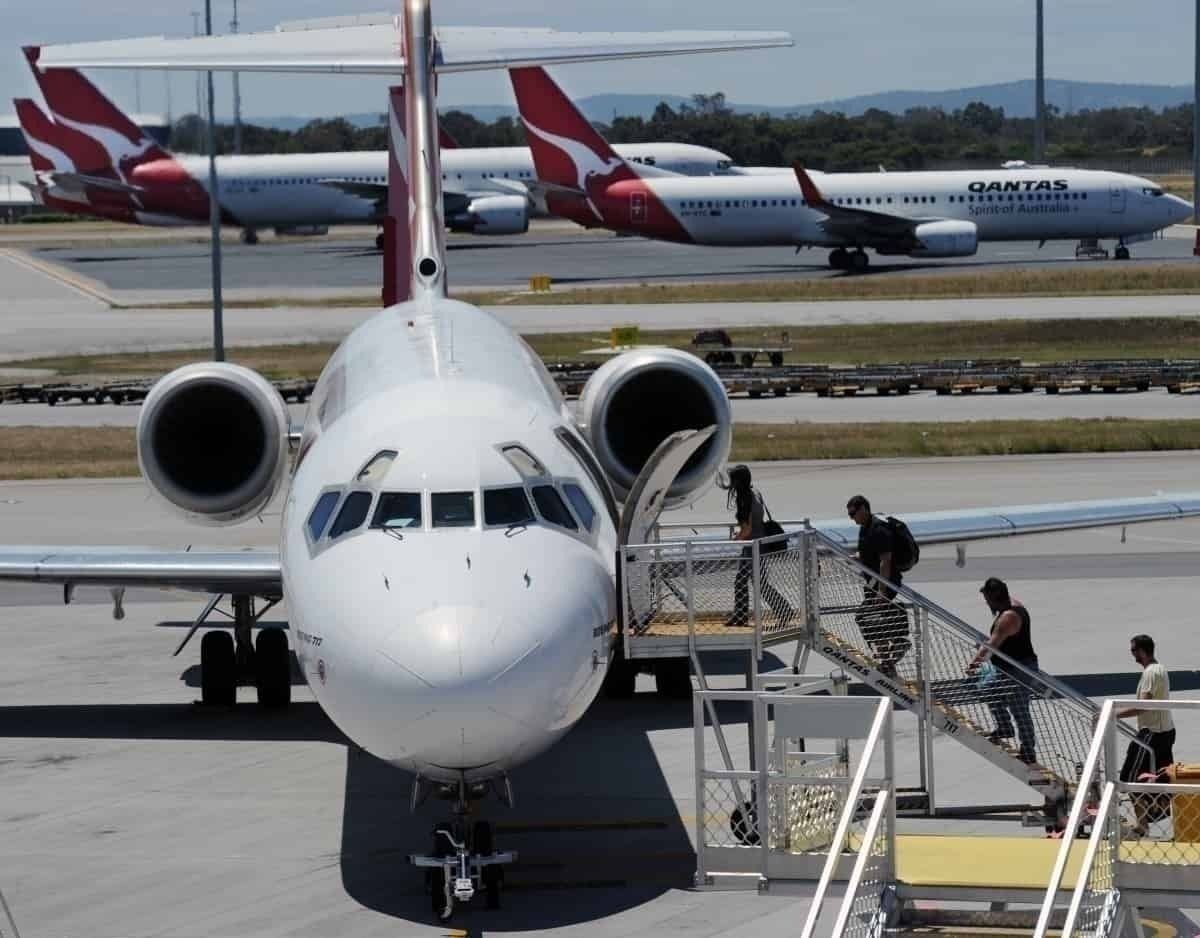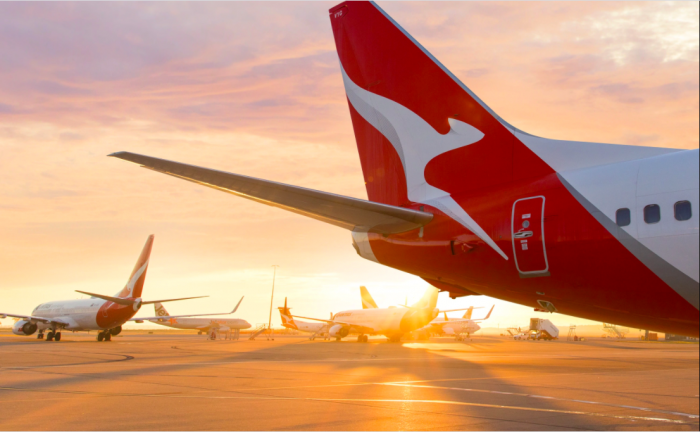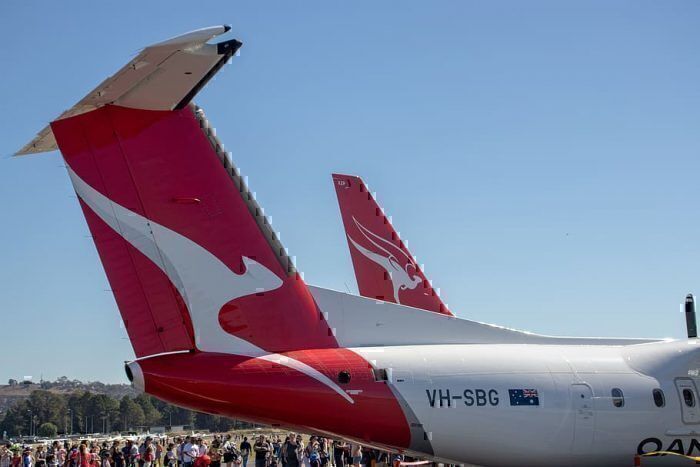The Australian government is in discussions with Virgin Australia and Qantas to subsidies domestic flights. This would ensure connectivity to regional centers and that those returning Australians can get to their home cities.
What are the details?
We hinted at a rumor in a previous article about the recovery of the Australian aviation industry, and it seems our hunch was right.
If you fly into Australia right now and enter the country (as a citizen), you are put up in a hotel for 14-days at your port of entry. This is not a luxury stay as you are confined to your room by police and are not allowed to even roam the facilities. Although, you do get $90 to spend on room service per day which isn't so bad.
Once you complete your stay at the government inn, you are then directed to return to your home. Your home, which may be in other cities on the far side of the continent.
Normally this wouldn't be an issue, however, airlines in Australia have greatly reduced their domestic capacity causing returning citizens to be trapped. Virgin Australia is currently only flying one daily return between Sydney and Melbourne, and Qantas is flying only a few regional weekly flights to each major city in Australia. Plenty more airports like Alice Springs, Gold Coast, and Sunshine Coast have been shut down due to no flights.
This is a problem, and where the government has decided to step in.
What is the government proposing?
Deputy Prime Minister Michael McCormack has been hard at work negotiating with Virgin Australia and Qantas to reopen some domestic services well before the nationwide lockdown is lifted.
"We also need, of course, to transfer people around from capital city to capital city. So we'll be looking at that," Mr. McCormack said to the ABC "We'll be looking at what we can do in conjunction with the airlines, who are cooperative."
The airlines are so far reluctant to operate these ghost routes as it would involve running profitless flights and exposing their crews to potential infection from returning visitors (who arguably, should no longer have the virus after 14 days in hotel isolation). Perhaps a little lift from the government will help.
It has not been made clear how much the Australian government will subsidize the routes, only that discussions are underway. The focus of these subsidies would be to reopen abandoned airports first, and then major 'trunk' routes such as Sydney to Melbourne.
Who would get the subsidies?
Possible contenders are Qantas who have a vast fleet of Boeing 737 aircraft ready to launch at a moment's notice. Additionally, Virgin Australia would also potentially be considered, with around 12,000 employees currently stood down that are keen to get back to work.
These subsidies will also serve as a great way to boost the crumbling aviation sector in the country. Whilst experts have agreed that Qantas has enough cash reserves to see the rest of the year out, Virgin Australia is in much rockier territory.
The carrier has asked the Australian government for a bailout of around 1.4 billion Australian dollars (USD 890 million) but as only 10% of the company is owned by Australian investors (the other 90% is split between Singapore Airlines, Etihad and the Chinese Government through intermediaries) the government is not enthusiastic.
These subsidies will allow the airlines to keep operating, potentially offsetting dire consequences of the aviation crisis and allow trapped Aussies to get home.
What do you think? Should these routes be funded by the government? Let us know in the comments.



